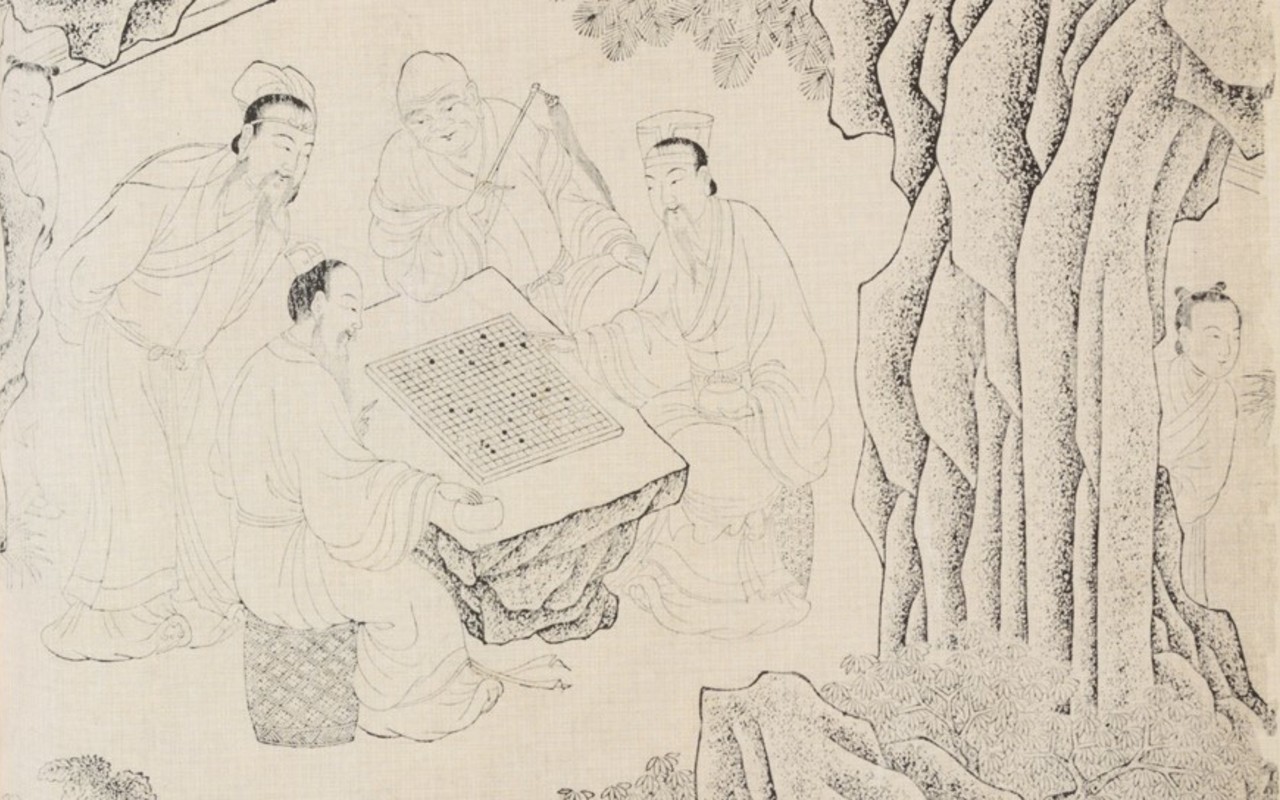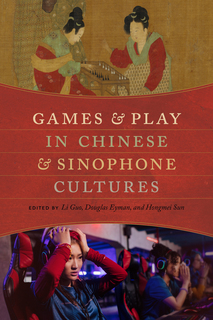The open access edition of Games and Play in Chinese and Sinophone Cultures was made possible by an award from the James P. Geiss and Margaret Y. Hsu Foundation. This publication was also supported by a grant from the Joseph and Lauren Allen Fund for Books on Asian Literature, Art, and Culture. Additional support was provided by the Department of World Languages and Cultures, the Center for Intersectional Gender Studies & Research, and the College of Humanities & Social Sciences Dean’s Office Publication Subvention Fund at Utah State University, and by the Department of Modern and Classical Languages Huayu Best Fund at George Mason University.
Games and Play in Chinese and Sinophone Cultures
Games as global and connected phenomena have been examined in the rising scholarly field of game studies, but relatively little has been published on the history of games and gaming in China. Weiqi (a.k.a. Go), one of the world’s oldest board games, originated in China; a variety of Chinese card, dice, board, sport, and performance games have been developed over the millennia; and China is quickly becoming a major player in the contemporary digital game industry. In exploring games and practices of play across social and historical contexts, this volume examines representations of gender, class, materiality, and imaginations of the nation in Chinese and Sinophone contexts, while addressing ways in which games inhabit, represent, disrupt, or transform cultural and social practices. Both analog and computer games are represented in analyses that draw connections between the traditional and the modern and between local or regional and higher-order economic, cultural, and political structures. Among the topics explored are rock carvings of board games, weiqi cultures, scholars’ and courtesans’ games, gambling, games based on literature, video-game politics, and appropriation of Chinese culture in video games.
Edited by Li Guo, Douglas Eyman, and Hongmei Sun, with contributions by Zach Berge-Becker, Jiayi Chen, Douglas Eyman, César Guarde-Paz, Rania Huntington, Jie Guo, Li Guo, Keren He, Jiaqi Li, Yichen Rao, Florian Schneider, Patricia Sieber, and Hongmei Sun.

Metadata
- isbn9780295752419
- publisherUniversity of Washington Press
- publisher placeSeattle
- rightsCC-BY-NC-ND 4.0
- rights holderUniversity of Washington Press
- doi


